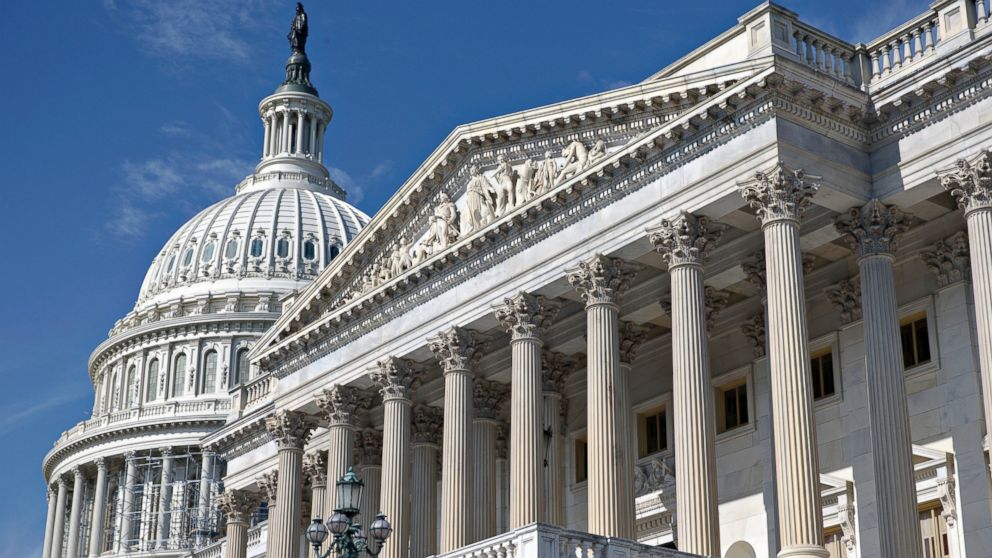Congress Doesn't Want Medicare to Pay for Your Erectile Dysfunction
Men suffering from ED will lose access to

— -- When the House voted to approve the Achieving a Better Life Experience Act this week, lawmakers including Speaker John Boehner rejoiced that the move would be “a powerful step to help individuals with disabilities across the country” by enabling them to save for their futures through the creation of tax-free savings accounts.
But for some men suffering from erectile dysfunction, the ABLE Act may actually make their life experience worse.
Deep in the legislation, lawmakers inserted a provision to bring some consistency to how taxpayers provide relief to men suffering from erectile dysfunction. This provision “would prohibit Medicare coverage of vacuum erection systems,” universally known as penis pumps, “until such time that Medicare covers erectile dysfunction drugs under Medicare Part D.”
When the Medicare Part D program was created in 2003, it established a statutory prohibition on erectile dysfunction drugs such as Viagra and Cialis. But there was no such prohibition for penis pumps.
The inspector general at the Department of Health and Human Services issued a report in Dec. 30, 2013 that found that Medicare was paying more than double the market price for the pumps, which typically are available to consumers for about $150.
"Medicare payment amounts for VES [vacuum erection systems] remain grossly excessive compared with the amounts that non-Medicare payers pay," the report stated. "Medicare currently pays suppliers more than twice as much for VES as the Department of Veterans Affairs and consumers over the Internet pay for these types of devices."
From 2006 to 2011, Medicare dished out about $172 million for 474,000 penis pumps. The National Institutes of Health estimates that up to 30 million Americans suffer from erectile dysfunction.
So why add the provision in the ABLE Act? The new penis pump prohibition provision partially offsets the cost of tax-free savings accounts created for disabled Americans in the underlying legislation.
The Congressional Budget Office estimates that the pump provision will cut spending by nearly $45 million annually, or $444 million over the next decade. The bill does not impact the Department of Veterans Affairs’ ability to provide penis pumps to military veterans.
The House passed the bill Wednesday evening with overwhelming bipartisan vote, 404-17. The bill is expected to come up next week in the Senate, where there is also wide bipartisan support for the measure.